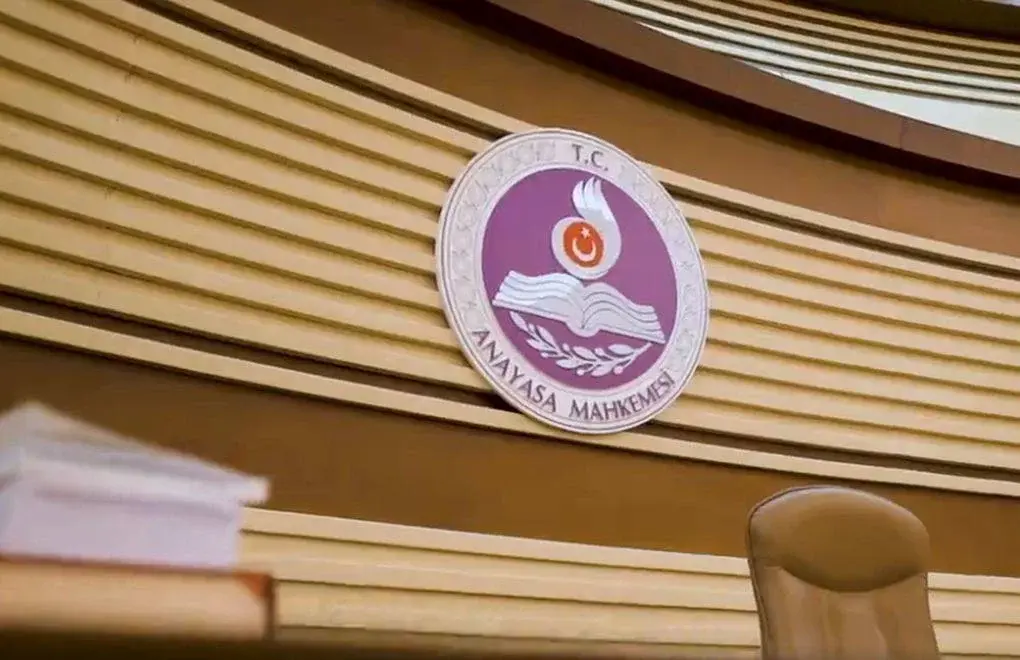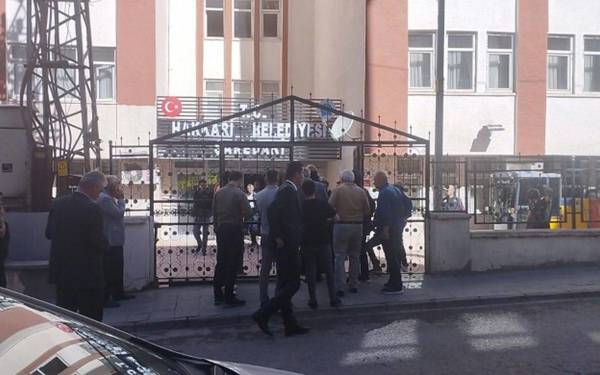The Constitutional Court has ruled that certain provisions of Law No. 7262, which pertains to the Prevention of Financing Weapons of Mass Destruction, are unconstitutional and ordered their annulment.
The decision of the court dated January 18, 2024, was published in today's Official Gazette.
Protection of personal data
In the court's statement regarding the annulled laws, the assessment regarding the annulment of the "Restriction on the Right to Demand Protection of Personal Data" includes the following:
"In the disputed provision, it is envisaged that individuals, institutions, and organizations to whom the Supervisory and Cooperation Commission (Commission) has requested information and documents regarding the implementation of Law No. 7262 cannot refrain from providing information and documents based on provisions in other laws.
"It has been observed that, without safeguards and fundamental principles being established by law regarding the collection, use, and processing of personal data obtained within the scope of the rule in Law No. 7262, personal data are compelled to be provided to the Commission.
"It is understood that this obligation restricts the right to demand protection of personal data and that this restriction is incompatible with Articles 13 and 20 of the Constitution."
"An excessive restriction on freedom of association"
In the annulment decision, the assessment of the rules regarding the removal of the duties of associations' organs and the appointments to be made in their stead includes the following:
"With the disputed rule, it is envisaged that individuals or personnel serving in an organ of the association, other than the general assembly, may be temporarily suspended from office by the Minister of Interior if an investigation is initiated against them or the association for crimes within the scope of Law No. 6415 (Law on the Prevention of the Financing of Terrorism) or for crimes of drug production and trafficking or money laundering crimes stipulated in Law No. 5237, within the framework of their actions in the association's activities.
"There is no regulation in the rule regarding how long the suspension measure will continue.
"Furthermore, by foreseeing that the organs in which individuals serving outside the general assembly of the association are employed can also be suspended from office in case an investigation is initiated against them, individuals serving in these organs, but who are not subject to any investigation for the crimes covered by the rule, are also suspended from office.
"On the other hand, in cases where a different assessment is made from the determination of the administration in criminal proceedings against the individual, the rule does not allow the administration to reconsider the measure in terms of the cause factor.
As a result, it has been concluded that the rule imposes an disproportionate restriction on freedom of association and therefore constitutes an excessive limitation."
Annulment of the appointment of a "trustee"
The court also annulled the rule regulating the appointment of a "trustee" by court decision in place of the removed members of associations:
"With the disputed rule, it is envisaged that in case individuals are suspended from office due to the acts specified in the first paragraph (f) of Article 32 of Law No. 5523, the courts will appoint a trustee in their place.
"Allowing each association to determine how such appointments will be made in its own bylaws and allowing the association itself to directly appoint in place of the removed organs and members constitutes a less intrusive means to the freedom of association.
"In this context, it cannot be said that the restriction imposed on the freedom of association by the rule serves a compelling social need." (AS/VK)







